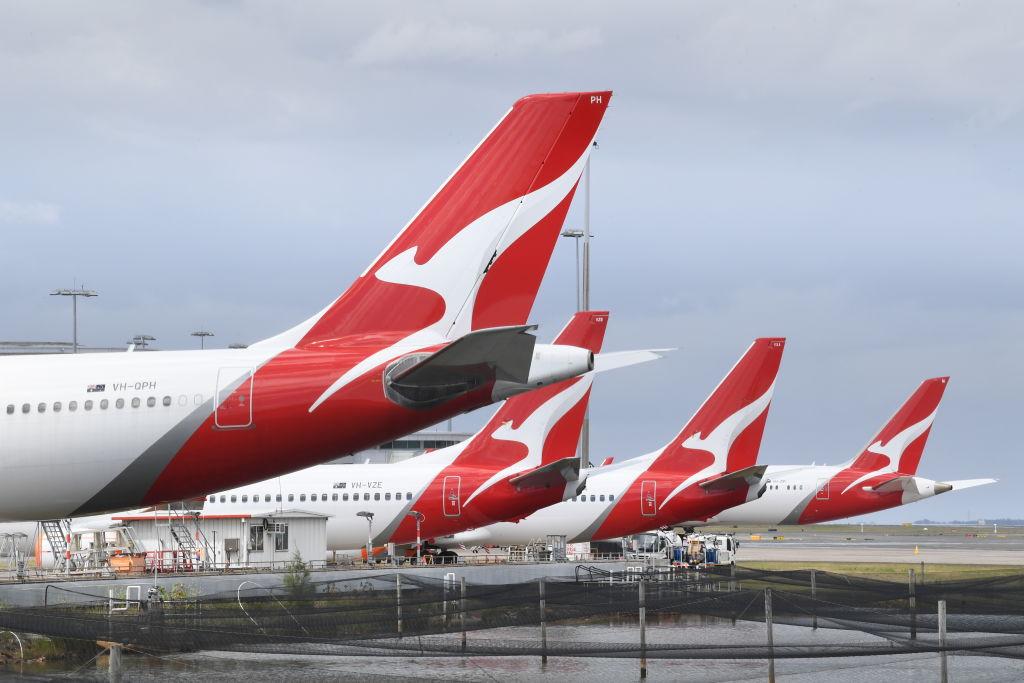Australia’s competition watchdog declared that the domestic airline industry sits at a “critical juncture,” with the lack of competition costing Aussies with more expensive airfares and declining customer service quality.
In the last two decades, over 90 percent of domestic passengers flew with either Qantas or Virgin Australia.





